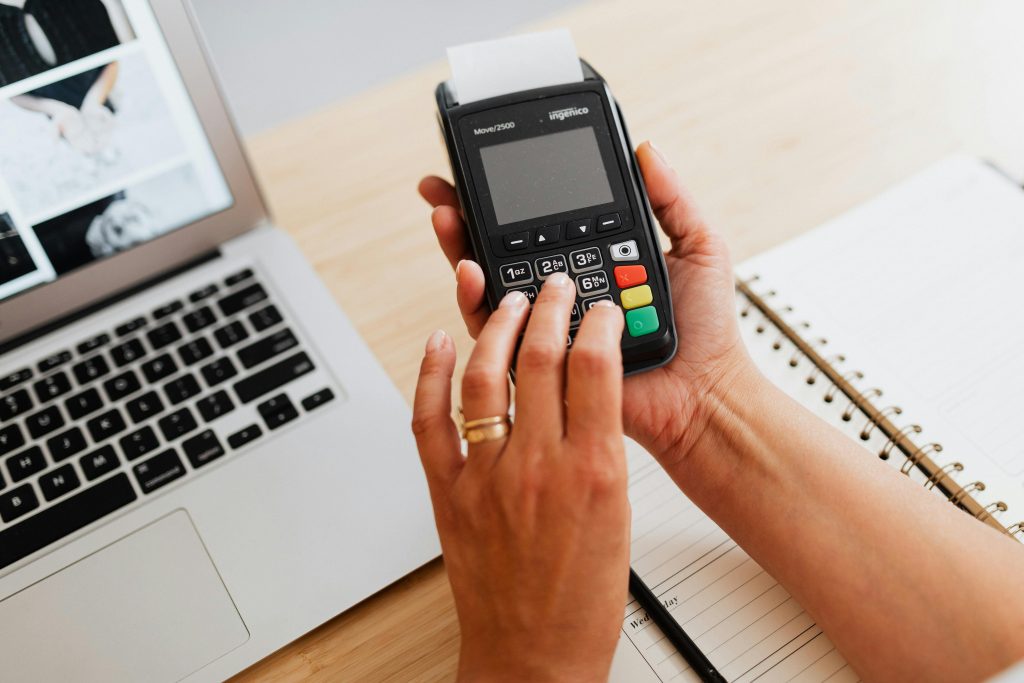
The Benefits of a Cash-Based Society Over a Cashless One
Physical cash provides a tangible way to manage personal finances. When people use cash, they are often more conscious of their spending, helping to prevent impulsive purchases. Studies suggest that using physical money creates a psychological awareness of expenditure that digital transactions lack, making it a useful tool for those trying to stick to a budget.
In an era where digital payments are increasingly becoming the norm, many argue that the future is cashless. While digital transactions offer convenience and efficiency, there is still a strong case for maintaining a cash-based society. Cash provides financial security, ensures accessibility for all, and protects personal privacy in ways that digital transactions cannot. However, a cash-based system also comes with its own set of challenges.
The Case for Cash
1. Privacy and Security
One of the most significant advantages of cash is privacy. Unlike digital transactions, which can be tracked, recorded, and potentially hacked, cash transactions leave no digital footprint. This protects individuals from data breaches and financial surveillance. In a cashless world, every transaction is recorded, allowing corporations and governments to monitor spending habits and personal finances. For those who value financial privacy, cash remains an indispensable option.
2. Financial Inclusion
Not everyone has access to banking services or digital payment methods. Many people, particularly in rural areas or developing nations, rely on cash as their primary means of transaction. A cashless economy risks excluding those without bank accounts, smartphones, or internet access. Additionally, older generations who may not be comfortable with digital technology would struggle in a completely cashless system. Keeping cash in circulation ensures that all members of society, regardless of their technological literacy or financial status, can participate in the economy.
3. Reliability During Emergencies
A cash-based system is resilient during times of crisis. Power outages, cyberattacks, and technical failures can disrupt digital payment systems, leaving individuals unable to pay for essential goods and services. Natural disasters, such as floods or earthquakes, can also render digital infrastructure useless, making cash an essential fall-back. Without cash, society could face significant disruptions in daily life during such events.
4. Budgeting and Spending Control
Physical cash provides a tangible way to manage personal finances. When people use cash, they are often more conscious of their spending, helping to prevent impulsive purchases. Studies suggest that using physical money creates a psychological awareness of expenditure that digital transactions lack, making it a useful tool for those trying to stick to a budget.
Flipside of a Cash-Based Society
While cash has undeniable benefits, it also comes with drawbacks that make digital payments attractive.
1. Inconvenience and Security Risks
Carrying large amounts of cash increases the risk of theft and loss. Unlike digital payments, where lost funds may be recoverable through banks, stolen cash is typically gone for good. Additionally, cash transactions can be slow, requiring counting and handling, whereas digital payments are instant.
2. Hindering Economic Progress
Digital transactions contribute to economic transparency by reducing tax evasion and illegal activities such as money laundering. A cash-based economy makes it easier for illicit transactions to go undetected, potentially harming economic stability.
3. Cost of Handling Cash
Managing and transporting cash requires security, labour, and infrastructure. Banks, businesses, and governments must invest in ATMs, security measures, and transport services to handle physical money. In contrast, digital payments reduce these logistical costs, making them a more efficient option for businesses and financial institutions.
Striking a Balance
While digital payments offer efficiency and convenience, cash remains essential for financial inclusivity, privacy, and emergency preparedness. A hybrid system, where both cash and digital payments coexist, may be the most practical solution. Rather than pushing for a fully cashless society, maintaining a balance ensures that no one is excluded while embracing the benefits of modern financial technology. Ultimately, preserving cash as an option protects individual freedom and economic resilience in an increasingly digital world.

